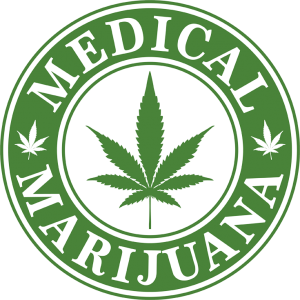MENUMENU
To get your medical marijuana license, you must first have a qualifying condition, this can be determined by a medical  professional. Once completed, here are the following steps:
professional. Once completed, here are the following steps:
For renewal, you will receive an email 60 days before your patient certification, and ID card is set to expire.
You can contact us today to learn more about obtaining a medical card!
Every state in the U.S. has laws that dictate the use of medical marijuana, with almost two-thirds of the U.S., including Pennsylvania, having legalized the use of marijuana for medical treatments and more. Medical marijuana offers various benefits for medicinal purposes, from helping to treat a variety of conditions from epilepsy to anorexia.
Medical marijuana utilizes the marijuana plant or the chemicals it contains to treat various conditions and diseases. It is essentially the same thing as recreational marijuana, but the patient takes it for medical purposes.
There are more than 100 different chemicals, known as cannabinoids, in the marijuana plant. Each cannabinoid has a different effect and benefit. The main chemicals used for medicinal purposes are the Cannabidiol CBD and the Delta-9 tetrahydrocannabinol THC, which produces the high feeling people experience when consuming or smoking marijuana.
There are several conditions that researchers have suggested marijuana may help treat, including:
Research is ongoing to determine whether marijuana can help these conditions. The evidence of the therapeutic effects of medical marijuana comes from its ability to alleviate symptoms such as nausea and vomiting, spasticity, and chronic pain.
The active chemicals in marijuana, known as cannabinoids, are similar in composition to the chemicals your body makes naturally related to your pain, movement, appetite, and memory. Research suggests that these cannabinoids may have the ability to help reduce anxiety, and inflammation, relieve pain and relax tight muscles in those with M.S.
They may also control vomiting and nausea due to chemotherapy and help kill cancer cells or slow tumor growth. Cannabinoids may also help people suffering from cancer or AIDS regain their appetite and improve their weight gain.